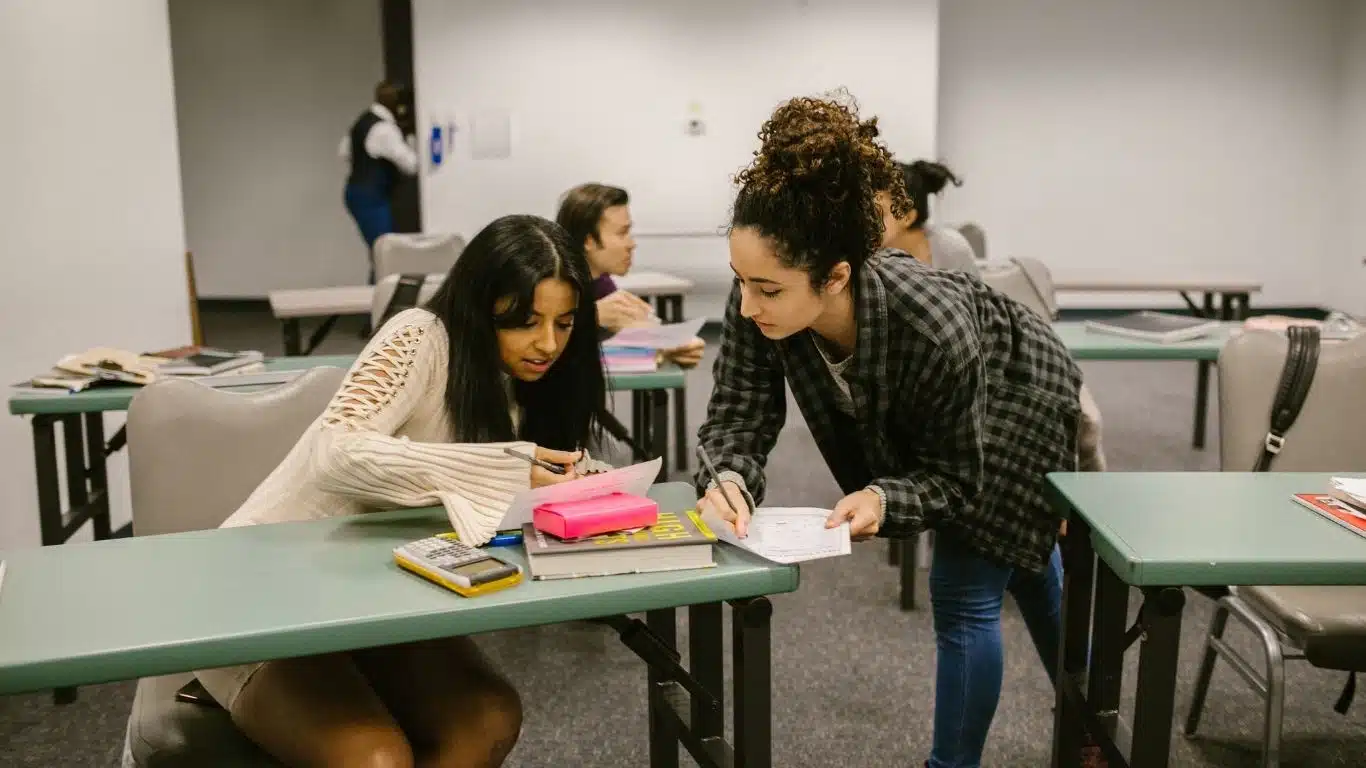- What Counts And What Does Not as Plagiarism?
- However, there is considerable ambiguity about what counts as plagiarism and what doesn’t.
- But even when you paraphrase someone else’s work, it counts as plagiarism.
- Even if you interweave the plagiarized material with your own material, it is plagiarism.
- Technically, they are not included under plagiarism.
- Thirdly, as aforementioned, taking inspiration does not equal plagiarism.
Plagiarism is the Original Sin of literature. In academic circles, it has the power to break careers and destabilize industries. And in fiction literature, it affects not only readership but also one’s authorial standing and respect among literary circles. Indeed, plagiarism is a much talked about subject in the literary field today. But what exactly is it? What Counts And What Does Not as Plagiarism?
Simply put, plagiarism means stealing ideas. It is distinct from inspiration, which refers to a domino effect of sorts where one idea prompts another. IN inspiration, there definitely an element of integrity and creativity involved. And in some ways, all works of art are inspirations from other works of art, or others’ thoughts and ideas and animate or inanimate objects. Plagiarism, on the other hand, is bereft of integrity or creativity. It refers to the deliberate act of copying material from elsewhere and trying to pass it off as your own. It is a truly heinous crime in the literary world, where ideas rule and command the literary landscape. And one should quite obviously refrain from it. Not only does it give no creative fulfilment, but also it is academic, social and most importantly legal implications.
However, there is considerable ambiguity about what counts as plagiarism and what doesn’t. This article is aimed at exactly that – in a world where inspiration and copying are separated by a thin and blurry boundary, what are the acceptable amounts of borrowed material? Let’s look into this.
Plagiarism: What Counts And What Does Not –
What Counts?
First and foremost, it is vital to consult plagiarism laws of the country. In India, these laws provide the author with protection against unsolicited or unauthorized use of his works. This means that you cannot reproduce the work, or a part of it in any form and in any place without the consent of the author. And even then, you must compulsorily give the author credit for the material itself. For instance, copying a dialogue, or a line from a text, or a very specific and unique description is not okay. Similarly, you cannot blatantly steal a character. However, the names of characters and places (unless fictional or fantastical) can be used because the author does not have copyrights over them.

In this case, completely passing off a work of art as your own is obvious plagiarism – it is the most direct kind of plagiarism. This is absolutely out of the territory of the originality of work for obvious reasons. But even when you paraphrase someone else’s work, it counts as plagiarism. Just changing sentences form active to passive, or adding a few articles and prepositions here and there is plagiarizing stuff. The point in question here is not merely words but ideas. If you use someone else’s ideas or propositions, it is necessary to credit them with it, whether or not you use their words. Even if you interweave the plagiarized material with your own material, it is plagiarism.
What Does not Count?
Cliches are another ambiguous territory. Technically, they are not included under plagiarism. This is because they are very widely in use and almost universal in nature. So one person cannot claim to have come up with them. So when using universal tropes, such as enemies-to-lovers or marriage-of-convenience, you need not worry about plagiarism. Secondly, even three act structures or peripetia plots are not included under plagiarism. It is only when you steal specifics that you could get into trouble for plagiarism.

Another thing you don’t have to worry about is facts. While writing fiction (unless you’re being really, really, really specific), you need not worry about citing facts. So if you make use of the fact that gravity exists in order to make your plot advance, you need not cite Newton. But if you’re proving a really specific finding relating to a relatively obscure discipline, you need to cite the person who came up with it or proved it. But for the most part, with facts and universally understood phenomena, you need not get into citations.
Thirdly, as aforementioned, taking inspiration does not equal plagiarism. So if something you read or watch or engage with a certain work of art which gets you thinking and prompts another thought which you then develop, this is not plagiarism. Blatantly and directly stealing that idea is plagiarism, but a similar idea that arose in your own mind following another is really not. The difference is simple – if you think of it first, it is your idea and not plagiarism. But if you extend others’ ideas or manipulate them either in words or in other ways, it most definitely is plagiarism. What arises in your head first is yours, but what arises in others’ head first is not. That is pretty much the essence of plagiarism.
So the next time you wonder what’s up with fictional (and NOT academic) plagiarism, think about who thought of this first (except with cliches and universal facts). If it is you, you’re good to go.
Also Read: Top 10 Mistakes By Entrepreneurs



